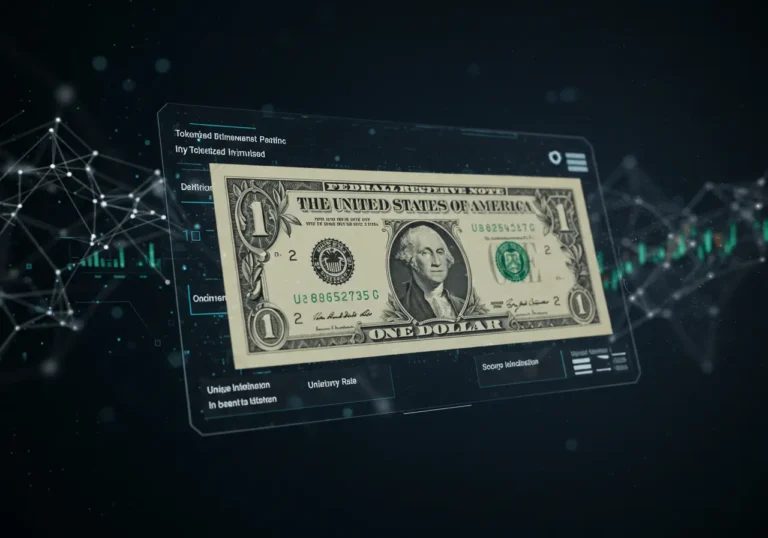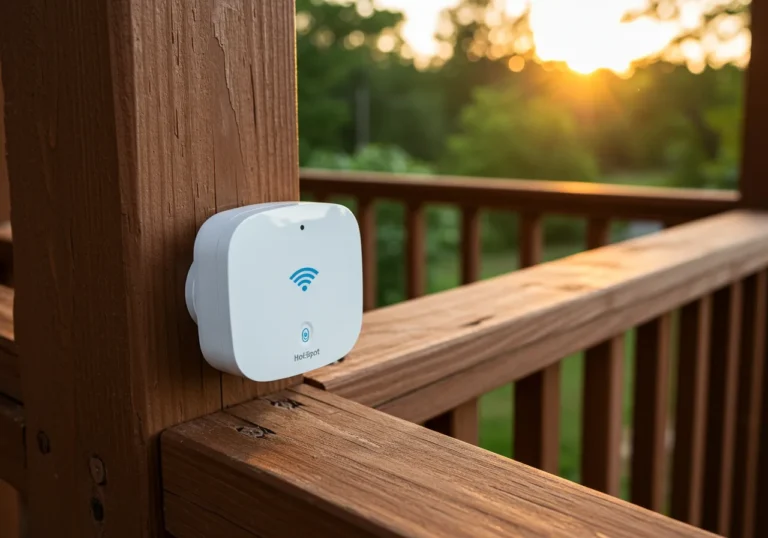High-Return Crypto Scams: Why You Should Be Skeptical
Why You Should Think Twice About High-Return Crypto Deals
Imagine this: I’m on my phone, minding my own business, when a text pops up from some guy I barely know. “Hey, put $200 into this crypto thing, and you’ll have $2,000 by next week!” My eyes got big for a second—who wouldn’t want that? But then I paused. It sounded like those late-night infomercials that swear you’ll lose 20 pounds in a day. Too good to be true, right? Turns out, it was a crypto scam. I nearly lost my shirt, but I got lucky. Let’s make sure you do too.
These crypto scams are popping up all over the place lately. They’re like those sketchy emails from a “prince” offering you millions—if you just send a little cash first. The idea’s simple: they say you’ll make a ton of money fast with cryptocurrency, that digital money stuff like Bitcoin. But most of the time? They’re just after your wallet.

What’s the Deal with Crypto Scams?
So, what are these things anyway? Imagine someone at the flea market yelling, “Give me $10, and I’ll turn it into $100 by tomorrow!” You’d probably keep walking. Online, though, it’s trickier to spot. A crypto scam is when someone fools you into handing over money for a fake deal with digital coins. They talk big about “high returns”—fancy way of saying you’ll get way more back than you give. But nine times out of ten, they take your money and vanish.
Why do we even listen? Well, who doesn’t want a quick buck? Especially when bills are piling up. Scammers know that, and they use it to reel us in.
Why Do They Feel So Believable?
Here’s the kicker—these folks are good at what they do. They don’t just ask for money and hope you’re dumb enough to say yes. They’ve got a whole game plan.
They Spin a Good Yarn
Ever see those ads with someone grinning, saying, “I’m a millionaire now!”? Total nonsense, usually. They make up stories to suck you in. It’s like your neighbor bragging about a car he doesn’t even have.
They Push You Hard
“Quick, you’ve got to join now or miss out!” Sound familiar? They want you to act fast so you don’t think too much. It’s like a store clerk chasing you down with a “limited time offer.”
They Fake It
Sometimes they pretend to be a big shot—maybe even steal a real person’s name. It’s like someone showing up at your door in a fake uniform to trick you.
It’s all about making you feel safe. Sneaky, huh?
The Tricks They Pull
Not every crypto scam looks the same, but they’re all after one thing—your cash. Let’s run through a few you might bump into.
- The “Pay Me First” Game: They take your money and use it to pay someone else, pretending it’s all working out. Until it crashes. Like borrowing from one friend to pay another, hoping no one catches on.
- The Fake Coin Deal: They hype up a new crypto coin, take your money, and poof—they’re gone. It’s like buying a ticket to a show that never happens.
- The Sneaky Message: You get an email or text asking for your info. Looks real, but it’s a trap. Think of it as someone fishing for your bank details.
- The Hype-and-Drop: They boost a cheap coin, get everyone excited, then sell it all and leave you with junk. Like a hot toy that’s trash the next day.
How Do You Catch Them?

Okay, so how do you tell if that crypto offer is legit or just fraud? It’s not rocket science. Here’s what I’ve learned.
Listen to That Little Voice
If it feels off, it probably is. Maybe they’re too pushy or it’s too perfect. Your gut’s smarter than you think.
Poke Around
Check them out before you pay a dime. Got a website? A real address? If it’s all fuzzy, that’s trouble. Like making sure the new pizza place isn’t a dump before you order.
Red Flags to Watch
- They swear you’ll get rich. No one can promise that—not even my grandma with her “sure thing” bingo tips.
- They’re rushing you. Good deals don’t care if you sleep on it.
- It’s random. Some stranger sliding into your DMs with an investment? Nope.
Is It Safe?
Real crypto places talk about security—how they lock up your money tight. If they’re quiet about it, or it sounds flimsy, run the other way.
Keeping Your Cash Safe
Spotting the crypto scam is half the battle. Now, let’s keep you out of trouble.
- Stick to the Big Names: Use well-known crypto sites. They’re not foolproof, but they’re safer than some rando’s webpage. Like shopping at the corner store instead of a back-alley deal.
- Guard Your Stuff: Your crypto wallet has a key—don’t share it. Ever. It’s like handing over your house key to a stranger.
- Don’t Buy Every Story: People lie online all the time. Check twice before you believe. You wouldn’t trust every tall tale at the bar, right?
- Learn the Basics: Knowing a bit about crypto makes you harder to fool. It’s like knowing enough about cars to spot a lemon.
What If You Fall For It?
Hey, it happens. I’ve been close myself—nobody’s perfect. If you get stung, here’s what to do.
- Speak Up: Tell the cops or your bank. Might not get your money back, but it could stop the jerk. Like yelling about a pothole so no one else trips.
- Spread the Word: Let your friends know. Maybe even shout it on Facebook. Helps everyone stay sharp.
- Shake It Off: It stinks to lose money, but you’ll bounce back smarter. Like when you burn a batch of cookies and nail it next time.
Wrapping It Up
Crypto’s cool, but it’s got its risks. Those high-return promises? Usually just hot air from scammers. You’re smarter than that now—trust yourself, dig a little, and keep your money where it belongs. If it sounds like winning the lottery without buying a ticket, well, you know the deal.
Ever had a close call like mine? Or got a trick to share? Drop it below—I’d love to hear. We’re all figuring this out together. Stay sharp, friend!
Table of Contents

Hello, I’m Edmilson Dias, founder of CoinBringer. I created this platform to guide people through the fast-moving world of cryptocurrency with clarity and safety. With years of research in blockchain and digital security, my goal is to translate complex topics into practical knowledge, offering reliable tutorials, safety insights, and guidance for both newcomers and experienced users.
Discover more from CoinBringer
Subscribe to get the latest posts sent to your email.







